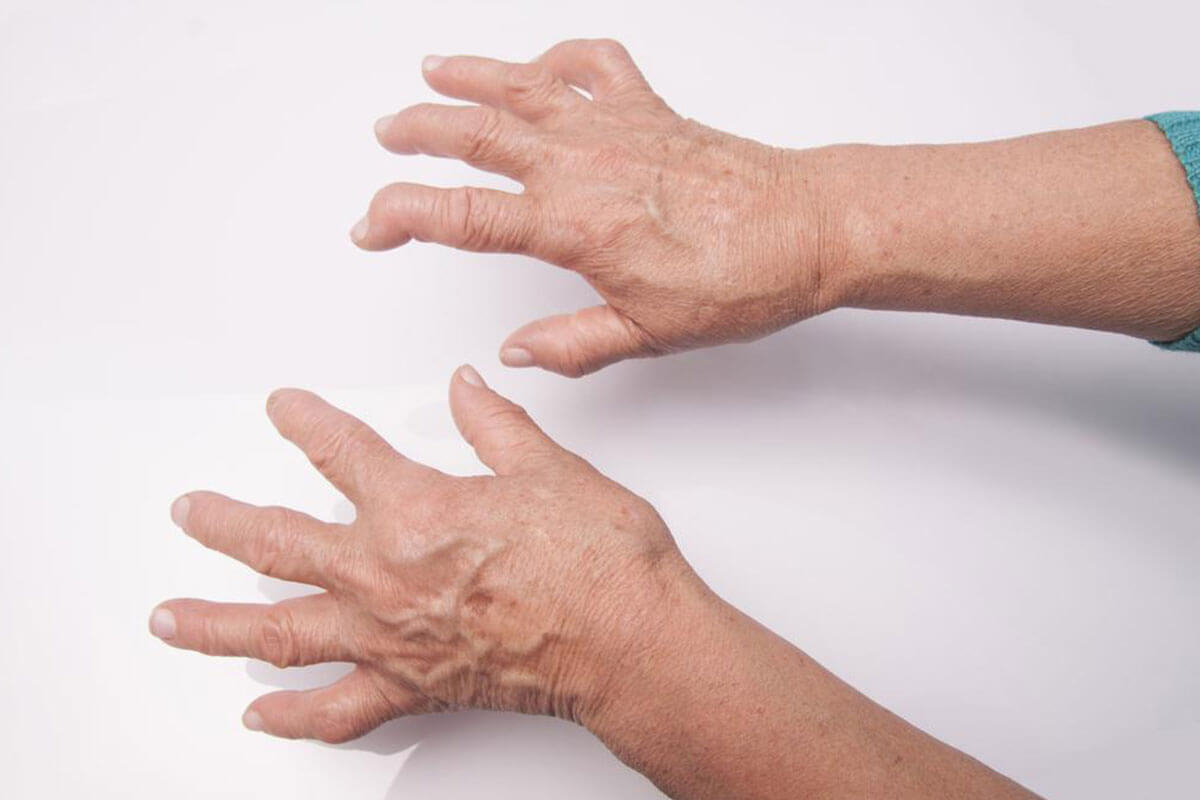Effective Management Strategies for Rheumatoid Arthritis
Discover comprehensive strategies to manage rheumatoid arthritis effectively. Learn about medications, physiotherapy, surgeries, dietary tips, and lifestyle modifications that help control symptoms and enhance quality of life. Early diagnosis and personalized treatment are essential for better outcomes, supported by recent advances in RA therapy. Consult your healthcare provider for tailored plans and stay informed about innovative options for living with RA.

Understanding the Key Approaches to Managing Rheumatoid Arthritis
Rheumatoid arthritis (RA) is a chronic autoimmune condition where the body's immune system mistakenly attacks joint tissues, leading to inflammation and tissue erosion. In severe cases, internal organs can also be affected. While a complete cure is not currently available, various treatments help control symptoms and improve quality of life. These include medications, physiotherapy, surgical options, and lifestyle modifications. Advances in RA management have enabled many patients to maintain active lifestyles longer, emphasizing the importance of early diagnosis and personalized treatment plans.
Since RA is an autoimmune disease with no cure, treatments primarily focus on reducing joint pain and swelling. Early intervention is crucial to prevent irreversible joint damage. Current RA therapies include disease-modifying drugs such as DMARDs, which are often combined with anti-inflammatory medications. Patients should consult healthcare providers before starting treatment, as side effects may include vision issues or pregnancy complications. Biologic drugs specifically target inflammation pathways and can be administered via injections or infusions. In cases of severe joint damage, surgical options like joint repair or replacement offer relief. Physiotherapy helps improve joint flexibility and daily functioning through tailored exercises and assistive devices. A diet rich in antioxidants, Mediterranean in nature, supports inflammation reduction, while avoiding processed foods is recommended. Lifestyle changes, including regular exercise, proper breaks, and mental resilience, further aid disease management.










